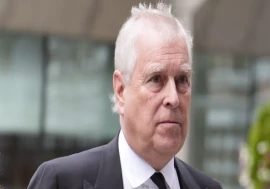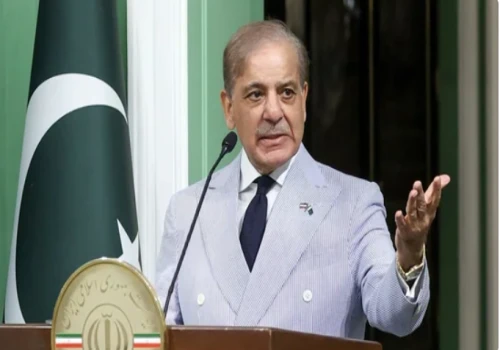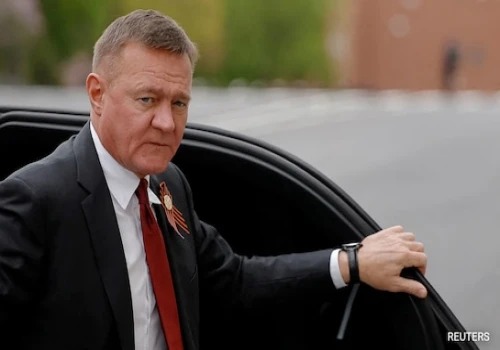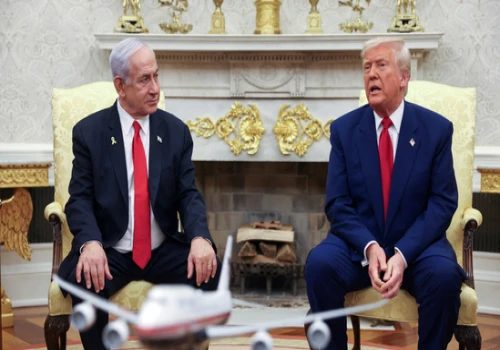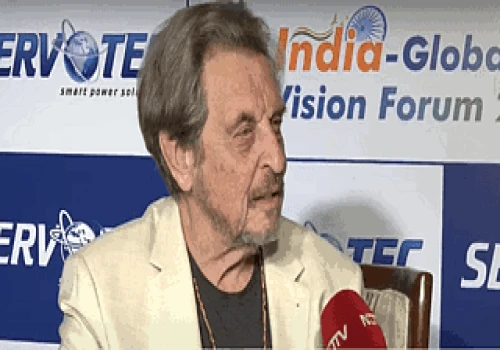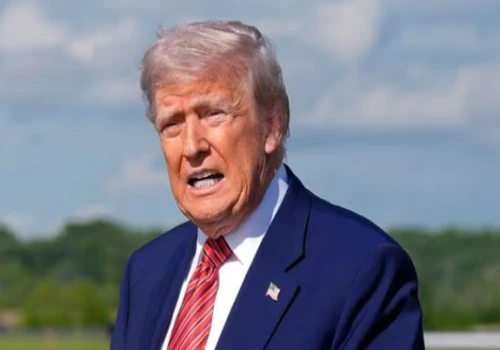
Israel and Hezbollah Exchange Fire As Fears of Greater Conflict Grow
Tensions between Israel and Hezbollah have escalated dramatically, as both sides engaged in a significant exchange of fire, raising fears of a wider regional conflict. The border between Israel and Lebanon, long a flashpoint, has once again become the center of intense military activity.
The latest round of hostilities began early in the morning when Hezbollah launched a barrage of rockets into northern Israel. The Israel Defense Forces (IDF) responded swiftly with airstrikes targeting Hezbollah positions in southern Lebanon. The exchange continued throughout the day, with heavy artillery fire and additional rocket attacks causing casualties on both sides.
Background of the Conflict
Hezbollah, a militant group based in Lebanon and backed by Iran, has been a longstanding adversary of Israel. The two have clashed repeatedly over the past few decades, most notably in the 2006 Lebanon War. While there has been relative calm in recent years, sporadic skirmishes and rising regional tensions have kept the border volatile.
Escalation of Hostilities
According to reports, the latest flare-up was triggered by an incident earlier in the week, where Hezbollah claimed that an Israeli airstrike had killed one of its senior commanders. Israel neither confirmed nor denied the strike, but the event inflamed an already precarious situation.
In response to Hezbollah’s rocket fire, the IDF launched a series of precision strikes aimed at dismantling the group’s military infrastructure. “We will not tolerate any aggression against our citizens,” an IDF spokesperson stated. “Our response will be swift and forceful.”
Hezbollah, for its part, has vowed to retaliate for any attacks on its personnel or territory. “Any Israeli aggression will be met with a powerful response,” a senior Hezbollah official declared. “We are prepared for all possibilities.”
Civilian Impact
The escalating conflict has had a severe impact on civilian populations on both sides of the border. In northern Israel, residents have been forced to seek shelter in bomb shelters as rocket sirens wailed. Several injuries have been reported, and there is significant damage to property.
In southern Lebanon, the airstrikes have led to casualties and widespread destruction, with many families displaced from their homes. Humanitarian organizations have expressed concern about the deteriorating situation and the potential for a larger humanitarian crisis.
International Response
The international community has called for restraint and urged both sides to de-escalate the situation. The United Nations has offered to mediate between the parties, emphasizing the need for dialogue and a peaceful resolution.
“The cycle of violence must end,” said a UN spokesperson. “We call on all involved to cease hostilities and engage in constructive dialogue.”
The United States, European Union, and several Middle Eastern countries have also expressed alarm over the potential for the conflict to spiral out of control, with significant implications for regional stability.
Potential for Wider Conflict
The exchange of fire comes at a time of heightened tensions in the Middle East, with conflicts in Syria and Yemen, and the broader geopolitical rivalry between Iran and Israel. Analysts warn that the current skirmish could escalate into a full-scale war, drawing in other regional actors and exacerbating an already volatile situation.
Israeli Prime Minister has convened an emergency meeting of the security cabinet to discuss the situation and potential responses. Meanwhile, Hezbollah’s leadership is also reportedly meeting to plan their next steps.
Conclusion
As both sides brace for the possibility of further escalation, the situation remains highly precarious. The international community continues to call for calm and dialogue, but the underlying tensions and historical animosities suggest that achieving a lasting peace will be a significant challenge.
For now, residents on both sides of the border can only hope that cooler heads will prevail and that the fragile peace will hold, avoiding another devastating conflict in the region.

